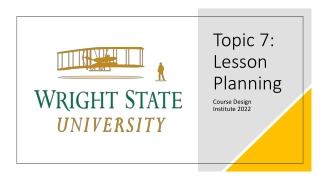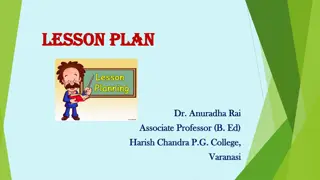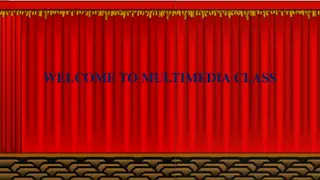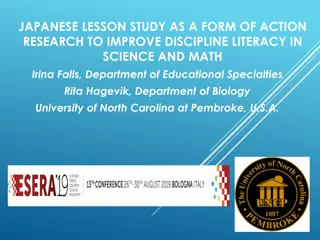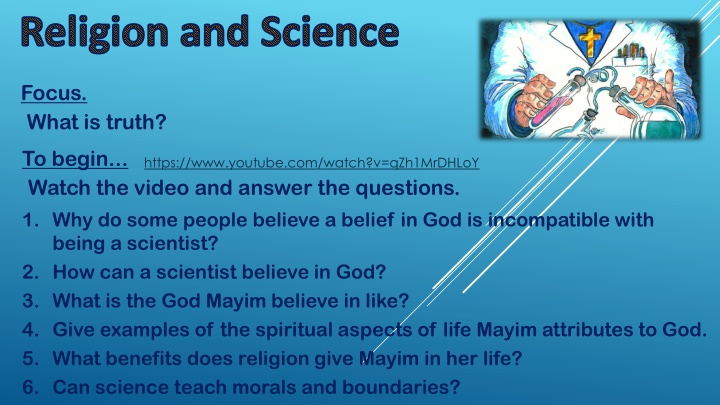
Exploring the Relationship Between Religion and Science
Delve into the intriguing dynamics between religion and science, addressing questions of truth, compatibility, and the role of belief systems in scientific inquiry. Discover insights, perspectives, and examples that shed light on the nuanced interplay between these seemingly contrasting realms.
Uploaded on | 3 Views
Download Presentation

Please find below an Image/Link to download the presentation.
The content on the website is provided AS IS for your information and personal use only. It may not be sold, licensed, or shared on other websites without obtaining consent from the author. If you encounter any issues during the download, it is possible that the publisher has removed the file from their server.
You are allowed to download the files provided on this website for personal or commercial use, subject to the condition that they are used lawfully. All files are the property of their respective owners.
The content on the website is provided AS IS for your information and personal use only. It may not be sold, licensed, or shared on other websites without obtaining consent from the author.
E N D
Presentation Transcript
Religion and Science Focus. What is truth? To begin... Watch the video and answer the questions. 1. Why do some people believe a belief in God is incompatible with being a scientist? 2. How can a scientist believe in God? 3. What is the God Mayim believe in like? 4. Give examples of the spiritual aspects of life Mayim attributes to God. 5. What benefits does religion give Mayim in her life? 6. Can science teach morals and boundaries? https://www.youtube.com/watch?v=qZh1MrDHLoY
Given that the perception seems to be that science and religion are incompatible, give some examples of these perceived conflicts.
Religion and Science One of the most famous scientists of all time, One of the most famous scientists of all time, Albert Einstein, was a theist Albert Einstein, was a theist he was Jewish. he was Jewish. Bearing in mind his comment above, explain Bearing in mind his comment above, explain why religion is sometimes necessary when why religion is sometimes necessary when new scientific discoveries are made. Include new scientific discoveries are made. Include examples in your answer. examples in your answer.
Religion and Science Investigation 3 groups. Each group with complete a simple investigation following one of the methods as outlined on the sheet. Talk to other people in the group to do your investigation and use any other knowledge you have. Note down your findings. As a whole group collectively discuss all your findings. Can we come to any conclusions?
Religion and Science Questions. 1. Explain, with examples how our perceptions of truth can be affected. 2. Explain, with examples how one s background and upbringing can affect what a person believes to be true. 3. Explain, with examples, the following causes of belief; (a) fear; (b) wishful thinking; and (c) the need for security. 4. Explain, with examples why our inherited beliefs may change or develop. 5. Explain, with examples why, if investigated, inherited beliefs my be solidified.
Religion and Science Things to do; 1. Give an example of a truth scientific or historical. Explain why we have this truth (referring to direct, indirect and cumulative evidence. 2. Explain why this example may not be considered an absolute truth .
Religion and Science Explain 1. Explain, with an example how evidence can be used to find religious truths. 2. Explain, with examples why looking for religious truths is different, but also in some ways similar, to looking for scientific truths. 3. Explain with examples how religious truth can be proven and why this can be similar to how scientific or historical truths can be proven.

